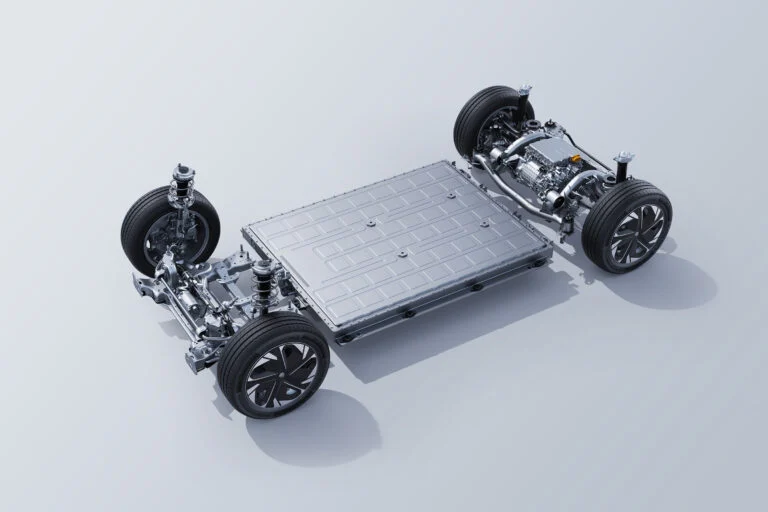Morocco has just achieved a major industrial breakthrough. South Korea’s LG Energy Solution and China’s Yahua Group officially committed to building a lithium hydroxide refinery in Morocco.
The project’s first phase, announced on Wednesday, will cost over MAD 5.5 billion ($612 million). The plant will be developed in phases, starting at 30,000 tonnes per year.
Morocco’s National Investment Commission has classified the two-year-old agreement as a “strategic investment.”
It reflects Morocco’s growing ambition to lead Africa’s clean tech race by becoming a central node in the global electric vehicle (EV) battery value chain.
A key milestone in Morocco’s green industrial strategy
This project is a big win for Morocco’s industrial roadmap. Investment Delegate Minister Karim Zidane welcomed company executives in Rabat to confirm the launch officially.
According to Zidane, the lithium refinery will reinforce Morocco’s position as a key regional player in the EV sector and spark the development of a lithium-centred innovation ecosystem.
The plant is expected to create over 430 direct, high-skilled jobs and feed into the growing demand for battery components. Morocco is targeting the production of one million vehicles by the end of 2025, including 107,000 electric vehicles.
This isn’t the first lithium-related project in the country. In June 2025, COBCO inaugurated a 40,000-tonne lithium battery materials plant in Jorf Lasfar.
And more recently, Morocco signed new agreements to scale its automotive production. These developments point to a coordinated push to claim a leadership role in the global transition to clean mobility.
Why lithium, why now?
Lithium hydroxide is essential in producing cathodes, the key component of lithium-ion batteries. When paired with nickel, it boosts energy density and extends EV range. As global demand for cleaner transport grows, securing access to lithium has become a top priority for battery makers like LGES.
The partnership between LGES and Yahua gives both companies long-term control over a vital supply chain input. LGES, the world’s second-largest battery maker, has been on an aggressive expansion spree, signing similar deals in Germany, Chile, and Australia.
For Yahua, the move builds on its existing agreement with LG Chem to supply 30,000 tonnes of lithium hydroxide from 2023 to 2026.
Morocco offers a uniquely attractive environment: strong phosphate reserves, a free trade agreement with the U.S., and growing infrastructure in clean tech. That’s why Chinese battery giants like CNGR, BTR, and Huayou are also flocking to the country.
Morocco’s rise in the EV battery race
As lithium continues to power the future of transportation, Morocco is steadily turning itself into a global hotspot for EV battery components. With the greenlit LGES-Yahua refinery, the country is refining, producing, and innovating.
Morocco is taking a bold step toward an electric future, and it is just getting started.











